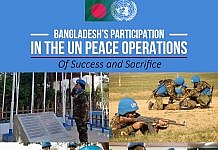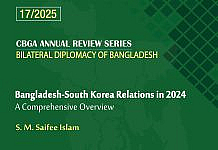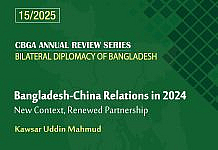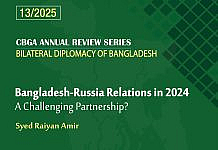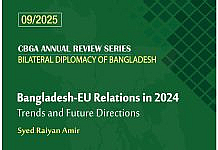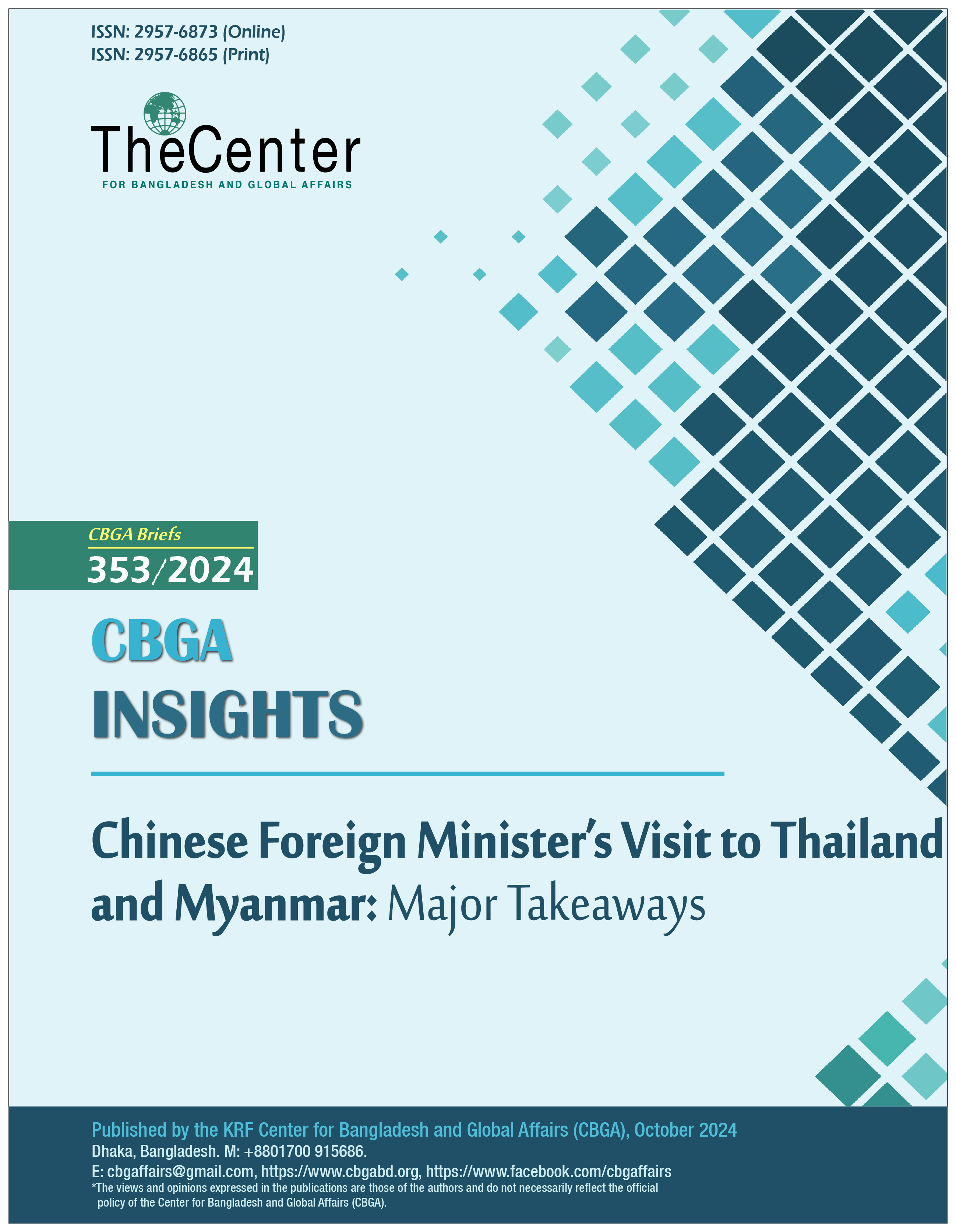
From August 14 to 17, China’s Foreign Minister Wang Yi embarked on a strategic diplomatic mission to Myanmar and Thailand, signaling Beijing’s continued interest in deepening its regional influence. In Myanmar, Wang Yi extended support to the military junta, emphasizing China’s commitment to political reconciliation amidst the ongoing civil conflict with rebel factions. Offering interest-free loans, Beijing aimed to stabilize the country’s fragile situation while securing its own foothold in Southeast Asia. Wang’s visit further cemented China’s pivotal role in Myanmar’s future, underscoring the country’s reliance on Chinese cooperation for peace and stability.
Following Myanmar, Wang Yi traveled to Thailand to co-chair the 9th Lancang-Mekong Cooperation (LMC) Foreign Ministers’ Meeting, where discussions centered on regional economic integration and combating cross-border crimes. China’s engagement with Thailand and other Mekong River nations, including Laos, highlights Beijing’s strategic interests in securing regional connectivity and maintaining influence over the critical waterway that benefits China’s landlocked southwestern provinces. This diplomatic effort reaffirms China’s ambition to remain a key player in Southeast Asia, balancing economic cooperation with its geopolitical objectives.
Key Takeaways from Chinese Foreign Minister Wang Yi’s Visits to Myanmar and Thailand: Strengthening Regional Cooperation and Stability
Chinese Foreign Minister Wang Yi’s recent diplomatic visits to Myanmar and Thailand underscore China’s strategic focus on deepening regional cooperation while promoting peace and stability in Southeast Asia. Below are the major takeaways from the visits, highlighting China’s calculated approach to fostering ties and addressing regional challenges.
Support for Myanmar’s Stability and Non-Interference
China’s stance on Myanmar’s internal conflict continues to be guided by its long-held principle of non-interference. During his visit, Wang Yi reaffirmed China’s commitment to supporting Myanmar’s efforts in maintaining stability and economic growth. Emphasizing political reconciliation, China offered interest-free loans to aid in economic recovery while encouraging political consultation within Myanmar’s constitutional framework. Wang Yi also stressed that neighboring countries like China, Laos, and Thailand, which “drink from the same river,” have a more profound understanding of Myanmar’s unique challenges than distant nations. This support for the junta’s efforts to restore peace is key to stabilizing the region.
Endorsement of ASEAN’s Five-Point Consensus
China’s support for ASEAN’s five-point consensus, aimed at resolving Myanmar’s ongoing crisis, signifies Beijing’s alignment with regional efforts to bring peace to the country. This consensus, which includes a call for a ceasefire and inclusive dialogue, represents a path toward democratic transition. Wang Yi’s endorsement strengthens China’s role as a constructive regional actor and positions Beijing as a critical player in facilitating Myanmar’s political transition, planned elections, and eventual reconciliation.
Focus on Preventing External Interference in Myanmar
One of the central point’s Wang Yi highlighted during his visit was the importance of preventing Myanmar from being influenced or interfered with by external forces. This reflects China’s desire to shield Myanmar from Western pressures and maintain a stable neighbor that can remain within the sphere of influence of Southeast Asian nations. By backing the junta, China seeks to ensure that Myanmar does not become a battleground for broader geopolitical conflicts and remains anchored to the region.
Strengthening the Lancang-Mekong Cooperation (LMC)
In Thailand, Wang Yi co-chaired the 9th LMC Foreign Ministers’ Meeting, where discussions centered on enhancing cooperation among the six member countries: China, Myanmar, Laos, Cambodia, Thailand, and Vietnam. The meeting reaffirmed the LMC’s success in driving economic and social development, narrowing development gaps, and promoting regional stability. Wang Yi emphasized that LMC nations, sharing common goals, could set the stage for high-quality Belt and Road Initiative projects while bridging the digital divide and enhancing connectivity.
China’s Regional Influence through LMC Initiatives
The LMC mechanism has been one of the most dynamic and fruitful platforms for cooperation in the region, according to Wang Yi. China has played a significant role in pushing forward the development of infrastructure, technology, and cross-border projects, using the LMC Special Fund to back numerous practical initiatives. This support has helped the region address critical challenges such as climate change, food security, and cross-border crime. By promoting initiatives like the Global Development Initiative and Global Security Initiative within the LMC framework, China seeks to deepen its influence while fostering a shared future for the region.
Joint Commitment to Regional Peace and Sustainability
A central theme of the LMC meeting was the reaffirmation of the parties’ commitment to maintaining momentum in their cooperation. LMC member nations, including Thailand and Myanmar, pledged to continue enhancing practical collaboration across multiple sectors—ranging from investment and interconnectivity to cultural exchanges and joint efforts against cross-border crime. This shared commitment strengthens regional unity in facing common challenges, ensuring sustainable development and peace in the Mekong subregion.
China’s Role as a Stabilizing Force in Southeast Asia
Wang Yi’s visits to Myanmar and Thailand reinforced China’s strategic position as a stabilizing force in Southeast Asia. By supporting Myanmar’s peace process, endorsing regional initiatives like ASEAN’s five-point consensus, and driving forward the Lancang-Mekong Cooperation, China seeks to ensure the stability of its neighboring countries. This stability is vital for China’s economic and geopolitical interests, especially in securing key infrastructure projects and maintaining regional peace, which benefits its landlocked southwestern provinces.
In summary, Wang Yi’s diplomatic tour underscored China’s dual focus on regional stability and economic integration. Through its active participation in regional frameworks like the LMC, China not only consolidates its influence in Southeast Asia but also promotes a vision of interconnected growth that benefits the entire Mekong sub region. By prioritizing peace, economic recovery, and people-to-people exchanges, China positions itself as a pivotal force in driving Southeast Asia’s sustainable development while safeguarding its own strategic interests.
– S. M. Saifee Islam is a Research Associate at the KRF Center for Bangladesh and Global Affairs (CBGA).


